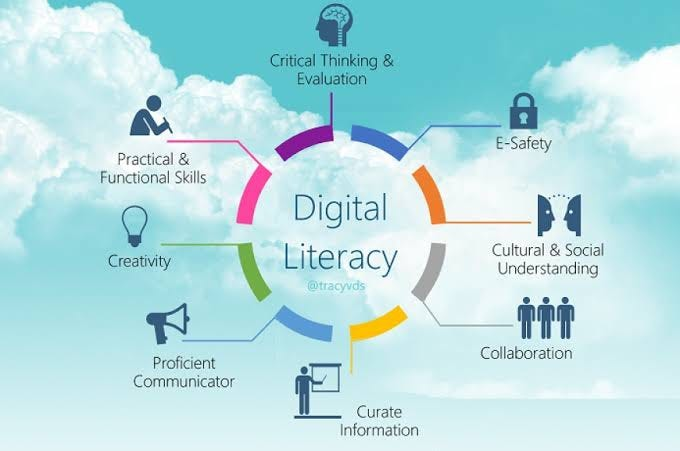Rethinking Cyberspace in 2021
- Achzah An Abraham

- May 8, 2021
- 2 min read
Cyberspace, an interface between digital information and human perception. 2021 Digital world has created cyberspace which altered the current scenario of world society, business, and politics. Netizens now are open to new opportunities online, react to cyber threats and adapt accordingly. Pandemic has indeed boosted cyberspace and its realm now impacts everyone and it goes beyond the digital divide.
Cyberspace is always evolving and promises to be more diverse in the years to come and is now a part of human life. Cyberspaces have created a pretty conformist and one-dimensional realm, relative to what could exist.
In that sense, Cyberspace's core feature is an interactive and virtual environment for a broad range of participants. Cyberspace in 2021 is also a psychological space; an extension of our individual and cooperative minds. We react to the different environments within this space like social media, games, chat, video, exotic virtual worlds. It has eased the way of carrying out work and makes life easier for all.
However, with its boons comes some bane as well. The ease of carrying out work through cyberspace has also caused some serious issues to the personal security and safety of an individual. There is a rise in the incidents caused because of cybercrimes which are on the rise. Counterfeit calls, hacking online frauds have now become a daily affair, and cyberspace is the thing to be blamed for these.
The pandemic of 2021 hastened the emergence of the cyberspace digital economy, prompting policymakers around the world to reconsider how industries run. The influence of digital processes was successful in keeping the economy going. At GISEC's conference agenda, aimed to bring specially chosen global CISOs, CIOs, CTOs, reputed thinkers, futurists, and regulators & policymakers together and unpack innovative strategies for building a solid cyber-resilient environment that stimulates optimism in the digital economy at the brand new Government, Finance, Healthcare, Telecom, Energy & Utilities conference tracks.
Security-driven networking now employs artificial intelligence (AI) to drive powerful, integrated solutions that span remote access and across dynamically distributed networking and cloud environments, allowing businesses to keep up with the competition. However, it will free up IT teams to work on higher-priority issues like segmentation and authentication, allowing them to better secure companies and plan for 5G, ultra-rich media, and smart solutions, such as smart cars, houses, and towns.
The COVID-19 pandemic has boosted technology innovation, but it has also revealed cyber vulnerabilities and unpreparedness, intensified technological gaps within and between communities. In the coming years, it will be critical to continue elevating cyberspace as a strategic business problem and to foster further collaboration among industries, business leaders, regulators, and policymakers.
Conclusion
Cyberspace and its crime, like any other strategic social problem, cannot be tackled in solitude. We know are aware of our dependence on digital networks more than ever before, so we must make sure they're safe, fast, flexible, and strong throughout our networks. We have been driven to the edge if we like it or not if we are ready or not. The only question now is how easily the concerned authorities can expand their networking strategies to ensure our safety.
References








Comments